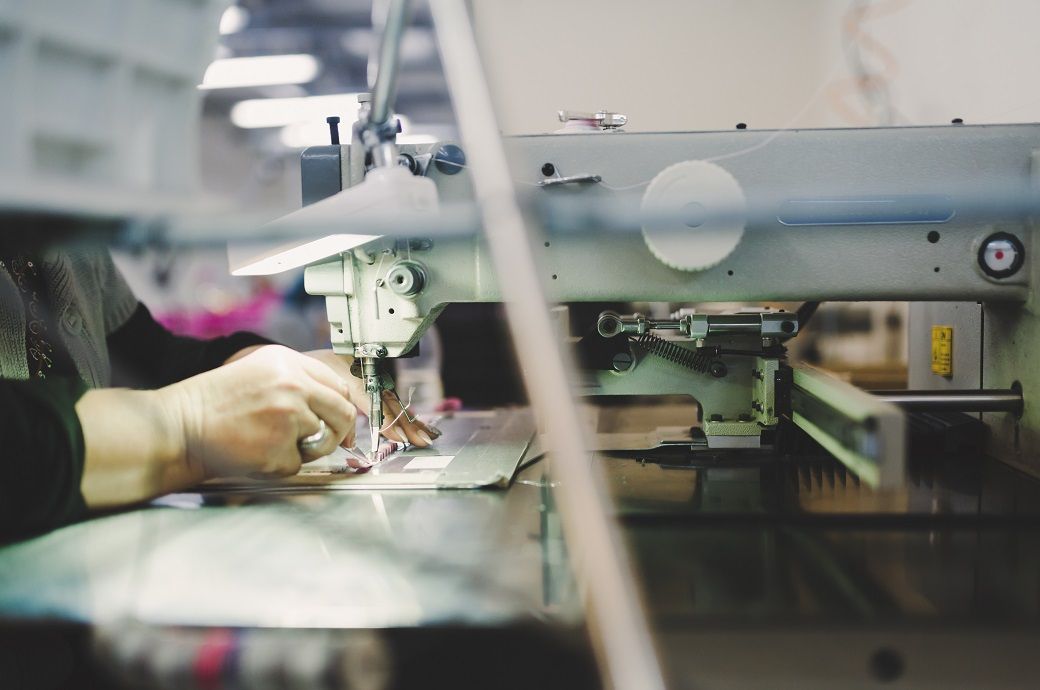
The Bangladesh Readymade Garment Manufacturers and Exporters Association (BGMEA) has raised concerns regarding the lack of regular updates in the biometric database of many export-oriented apparel factories.
This negligence, as per BGMEA, has led to complications for workers in accessing financial benefits, including compensation, insurance claims, and medical treatment.
BGMEA indicates that while nearly all its member factories implemented biometric database for workers and employees following the tragic Rana Plaza building collapse in 2013, a significant number have failed to maintain and update the database effectively.
To address this issue, BGMEA issued a circular recently urging its members to update the biometric data of workers promptly.
Faruque Hassan emphasised the importance of the biometric database in accurately recording workers’ statistics, managing employment, curbing irregular migration, and facilitating financial assistance.
Despite the system’s launch in 2013, some factories have yet to introduce the biometric database for workers, while many others have neglected to update the necessary information regularly, highlighted the BGMEA’s circular.
This deficiency has resulted in difficulties in claiming compensation from the central fund, accessing financial support through the employment injury scheme, securing education stipends for workers’ children, and covering treatment costs for injured workers.
According to BGMEA officials, approximately 2,600 factories have implemented biometric database, enrolling nearly 3.2 million workers and employees.
Meanwhile, in a separate notification, BGMEA reiterated the importance of preserving service books for workers to comply with labour laws and ensure regulatory adherence.
However, it noted that despite the collection of service books by member factories, compliance with information requirements, such as returning books upon workers’ departure or requesting previous service books during new recruitments, remains inadequate.
BGMEA urged its members to adhere to the provisions outlined in the Bangladesh Labour Act 2006 and Bangladesh Labour Rules 2015 concerning the preservation of workers’ service books.
Fibre2Fashion News Desk (DR)